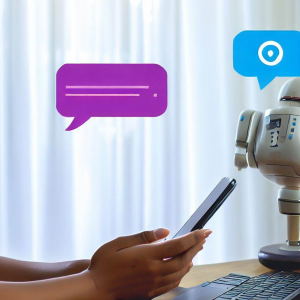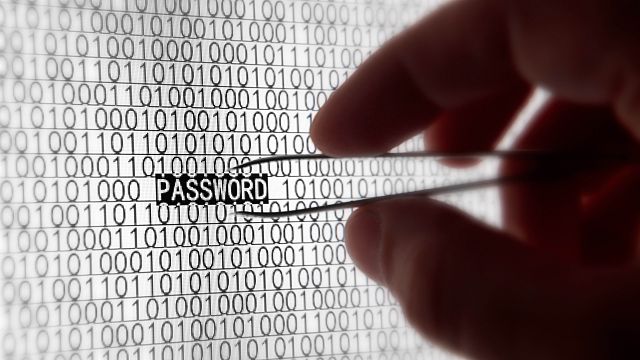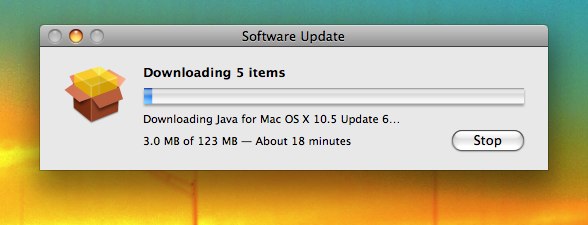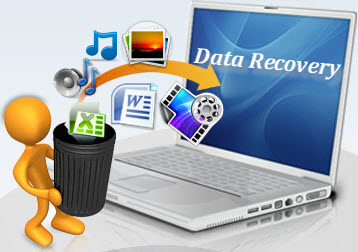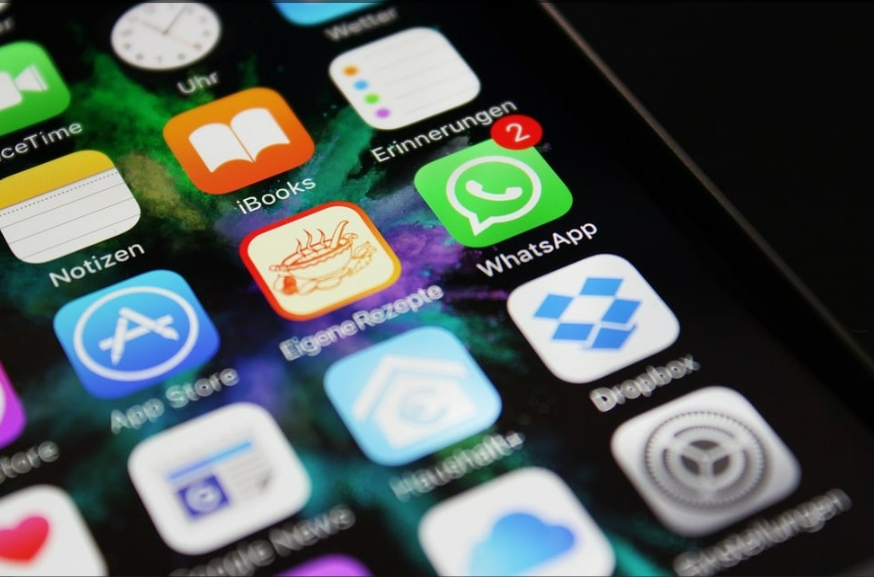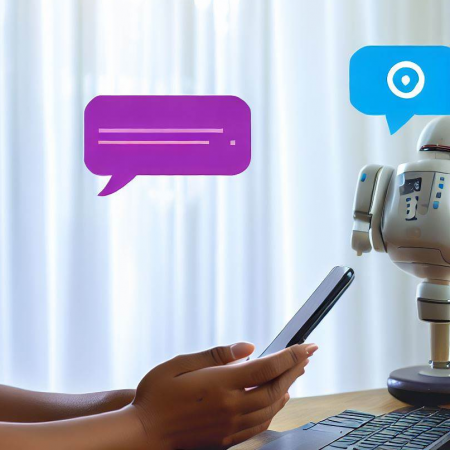Since 2011, World Backup Day on 31st March has been a reminder of how important it is to back up your data and other digital assets, whether it’s family photographs or critical business data.
Over the years, it’s become all the more critical in the face of critical servers becoming unavailable, hard drives crashing, and people losing their smartphones, which hold a ton of important personal data. Losing data always happens without warning, and now the masses are realizing the importance of backing up data. According to a recent global research study by Researchscape and Western Digital, 87% of worldwide respondents cited that they backed up their data manually or automatically.
The top reasons? Losing important files, freeing up space on their devices, and protecting against cyber threats. Decluttering isn’t just for your home; your devices need a refresh too. Here’s a look at some spring-cleaning tips to make your way out of a sloppy digital life and start the season more organized.
Freeing Up Space
The first step to an organized digital life begins with decluttering; the more cluttered a digital space is, the more it is prone to security risks. Moreover, cluttered hard drives could slow down your system to no end. Start by emptying your recycle bin, clearing your browser cache, and deleting unwanted files, including temporary downloads, to free up storage space on your device.
You’ll be surprised how your entire digital setup will get transformed by simply decluttering your desktop, renaming files logically, and sorting them into folders, allowing you to quickly locate what you require.
App Permissions
The very reason that ‘Data Privacy Week’ exists now is because every website you visit, social media platform you log into, and download you perform collects personal data. This data is typically sold to or used by big tech later on, which uses it to produce and disseminate targeted ads for other advertising purposes.
That’s why online privacy and data protection have become critically important, and one of the most important things to keep doing is reviewing privacy and security settings on all accounts one has been using. Additionally, consider uninstalling applications and closing accounts on any apps that you aren’t using.
Plus, check to see if your services and apps have access to information that’s not relevant or required for the services they’re offering, such as your photos, microphone, contacts, location, etc. If you don’t need something, delete it. This ensures that your data and information are not being shared with applications you’re no longer using.
Software Updates
Installing security updates and patches and keeping them up-to-date is the best way to prevent hackers and cybercriminals from exploiting app vulnerabilities. So, check your applications and operating system and make sure they’re set to check for updates or update automatically since updates include important security improvements. They not only protect your devices but also ensure that they stay secure and run smoothly. Make sure to not fall into the cycle of clicking the “Snooze” or “Remind Me Later” buttons!
Backing Up Data
Backups were often an afterthought when World Backup Day was first introduced 14 years back. They were primarily an insurance policy against laptop or computer hard drives crashing rather than scams, hacks, and cybercrimes. As personal data faces increasingly sophisticated attacks, such as ransomware, phishing attacks, and more, backing up data needs to also include steps for comprehensive data security, protection, and cyber resilience.
Maintaining good digital hygiene is one, but your backup needs to be thorough, right from photos and important documents to other irreplaceable data and information. While we all back up data to cloud storage like Google Drive, One Drive, or Dropbox, there’s nothing quite like the peace of mind that comes when you have a physical backup that places control firmly in your hands, such as a reliable portable hard drive.
Passwords and Multi-Factor Authentication
Last but not least, we come to the most common reason for data security breaches: weak password practices. Using the same password for multiple accounts? A huge no-no. Haven’t changed passwords in a long time? They’re the death knell for data security. If you’re overwhelmed by the idea of having to come up with and take care of different passwords for different websites, use a password manager. Not only do they suggest strong passwords and store them, but the best of the lot even alerts you if you’re using a weak or duplicate password, prompting you to change it.
Good password practices also include enabling multi-factor authentication (MFA) for bank accounts, social media, and even e-mail accounts. The security feature that is MFA requires entering two kinds of credentials when logging into an account, including unique one-time codes sent via an app to a second device or account or facial scans and biometrics. This additional layer of protection ensures that your data is protected, even alerting you in the event of unauthorized access or a data breach.
In case you missed:
- Password Practices For A Safe Digital Presence
- The Era of Oversharing Online: Data Privacy Concerns
- Crypto Heists: How To Keep Your Cryptocurrency Safe?
- Cryptography in Network Security – Concepts and Practices
- Edera: An All-Women Startup Revolutionising Cloud And AI Infrastructure Security
- Colocation Data Centres: An Overview
- All About Attack Surface Management
- Should I Use An Anonymous Crypto Wallet?
- Re-examining Cybersecurity through Blockchain
- Studio Ghibli And The Endless Craze Of Digital Fantasies
